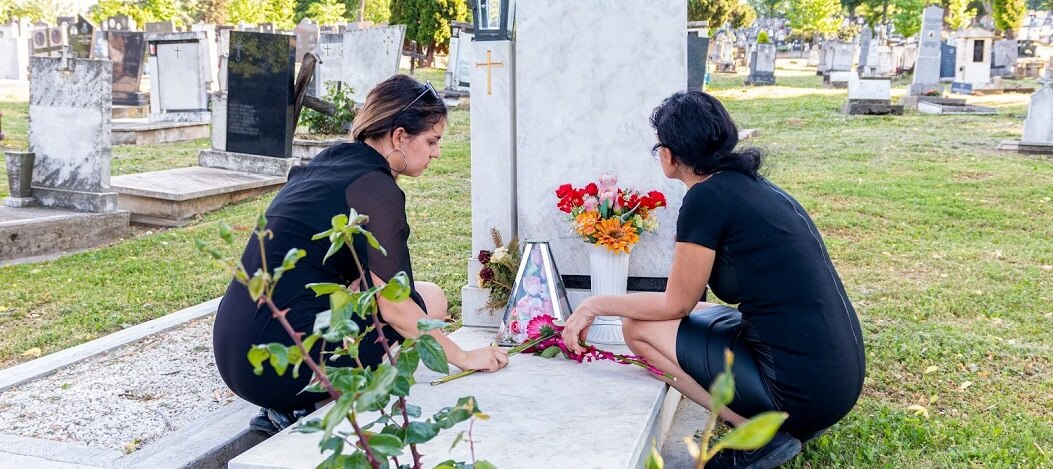Dying without a will is called dying “intestate.” When you die intestate, your assets will be distributed to your closest relatives according to a specific order outlined in Florida law, which may not be the same disbursement you would have wanted. Similarly, if you have minor children, the court might appoint a guardian — possibly someone you wouldn’t have chosen — to care for them.

When the death of a loved one is caused by someone’s negligent actions or inactions, and they wouldn’t have died if not but for those actions, you might be able to file a “wrongful death” lawsuit to recover damages associated with their death and your loss. This may be a possibility even if your loved one died without a will.
To learn more about whether or not you have a rightful claim, schedule your free consultation with Lytal, Reiter, Smith, Ivey & Fronrath by calling (561) 655-1990 or by filling out our online contact form.
How property is handled in an intestacy case
When someone dies without a will, their property must go through probate, a court-supervised process for distributing a person’s assets after death. In probate, the court appoints a personal representative to manage the estate and distribute the assets according to Florida law.
Wills typically go through probate as well, but in those instances, the probate process simply involves proving that the will is valid, then distributing the assets according to its terms.
In some cases, particular assets may not need to go through probate because they pass to a beneficiary (the person chosen to receive the asset) outside of probate. This most commonly occurs with bank accounts, life insurance policies, and retirement accounts.
However, even if you have assets that don’t require probate, it will still be required for the remainder of your estate, which may include anything from jewelry to furniture to your car.
Who will inherit your property?
Florida’s intestate laws state that if you die without a will, the court will distribute your estate to your closest living relatives in a predetermined order. Priority goes to your spouse and descendants, which includes children and grandchildren. The exact division of assets will depend on whether you have any surviving descendants, and if so, whether they are all from the same marriage or relationship.
The remainder of the estate will be given to the following living relatives in this order:
- Parents
- Siblings
- Grandparents
- Aunts and uncles
- Nieces and nephews
If none of the above relatives are alive at the time of your death, your estate will go to the family of your last deceased spouse. If there is no surviving family, your estate will go to the state of Florida.
What will happen to your children?
If you die without a will in Florida and have minor children, the child’s surviving parent will typically have sole guardianship over the child. Guardianship gives a person the authority to make decisions on behalf of the child, including decisions about education, healthcare, and religious upbringing.
If there is no surviving parent, the court will appoint a guardian for the child. A family member may petition the court to be appointed as guardian, but the court isn’t required to select that person. However, as long as the person is fit and willing to serve, the court will give preference to a family member over someone unrelated to the child.
The problem with this system is that you have no say in who will raise your children if you die without a will. If there’s any disagreement among family members about who should be appointed guardian, the matter must be resolved in court.
Get legal help if you’ve lost a loved one
Surviving family members are often left overwhelmed and in a state of shock when their loved one dies in an accident. When the death occurs as a result of someone else’s negligence, such as a car accident or medical error, the survivors may be eligible to file a wrongful death lawsuit.
If you’ve lost a loved one in Florida and are unsure what to do next, it’s vital to seek legal help as soon as possible. A Florida wrongful death lawyer from Lytal, Reiter, Smith, Ivey & Fronrath can help you understand your legal rights and options, and will guide you through the process of filing a claim for compensation. Contact us at (561) 655-1990 to schedule a free consultation.



